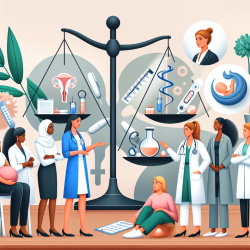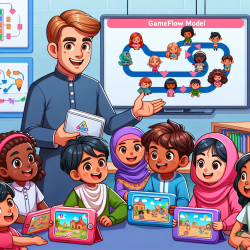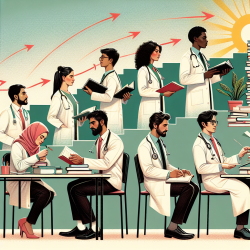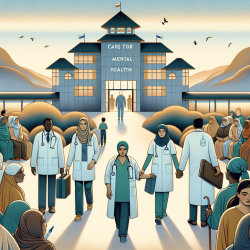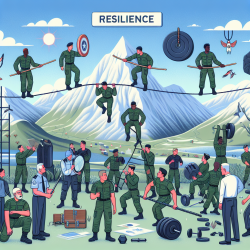The recent decision by the United States Supreme Court to overturn Roe v. Wade has profound implications for women's health, particularly for those in midlife. This period, defined as ages 40 to 65, is marked by unique health challenges and responsibilities that require careful consideration by healthcare practitioners.
The Consequences for Midlife Women
Midlife women face a variety of reproductive health challenges, including unintended pregnancies. According to research, 51% of pregnancies among women aged 40 and older are unintended. The reversal of Roe v. Wade exacerbates these challenges by limiting access to abortion services in many states.
For healthcare practitioners, this means an increased need to address the contraceptive needs of midlife women. Many women in this age group mistakenly believe they are no longer fertile and may not use contraception effectively. Practitioners should provide comprehensive sexual health education and counseling to prevent unintended pregnancies.
Access to Reproductive Health Services
The overturning of Roe v. Wade allows states to independently decide on the legality of abortion, leading to a patchwork of laws across the country. This creates significant barriers for women seeking reproductive health services, particularly in states with restrictive laws.
Healthcare providers must be prepared to navigate these legal landscapes and advocate for their patients' access to necessary services. This includes understanding state-specific laws and helping patients find resources in states with more protective legislation.
Implications for Healthcare Education
The decision also impacts medical and nursing education. Future healthcare professionals may lack training in managing pregnancy complications if abortion procedures are restricted in their education programs. This could lead to a deterioration in the quality of care provided to women experiencing pregnancy complications.
Practitioners should advocate for comprehensive reproductive health education that includes training on managing complications related to pregnancy and abortion. This will ensure that healthcare providers are equipped to offer safe and effective care.
The Role of Practitioners in Advocacy
Healthcare practitioners play a crucial role in advocating for women's health rights. With the loss of federal protection for abortion rights, it is more important than ever for practitioners to engage in policy dialogues and advocate for equitable access to reproductive health services.
This advocacy includes supporting policies that improve access to contraception, early pregnancy detection, and comprehensive sexual health education. By doing so, practitioners can help mitigate some of the negative impacts of the Roe v. Wade overturn on midlife women's health.
Conclusion
The overturning of Roe v. Wade presents significant challenges for midlife women's health and the healthcare providers who serve them. By understanding these implications and advocating for comprehensive reproductive health services, practitioners can improve care outcomes and support women's rights.
To read the original research paper, please follow this link: Overturning Roe v. Wade: consequences for midlife women’s health and well-being.
